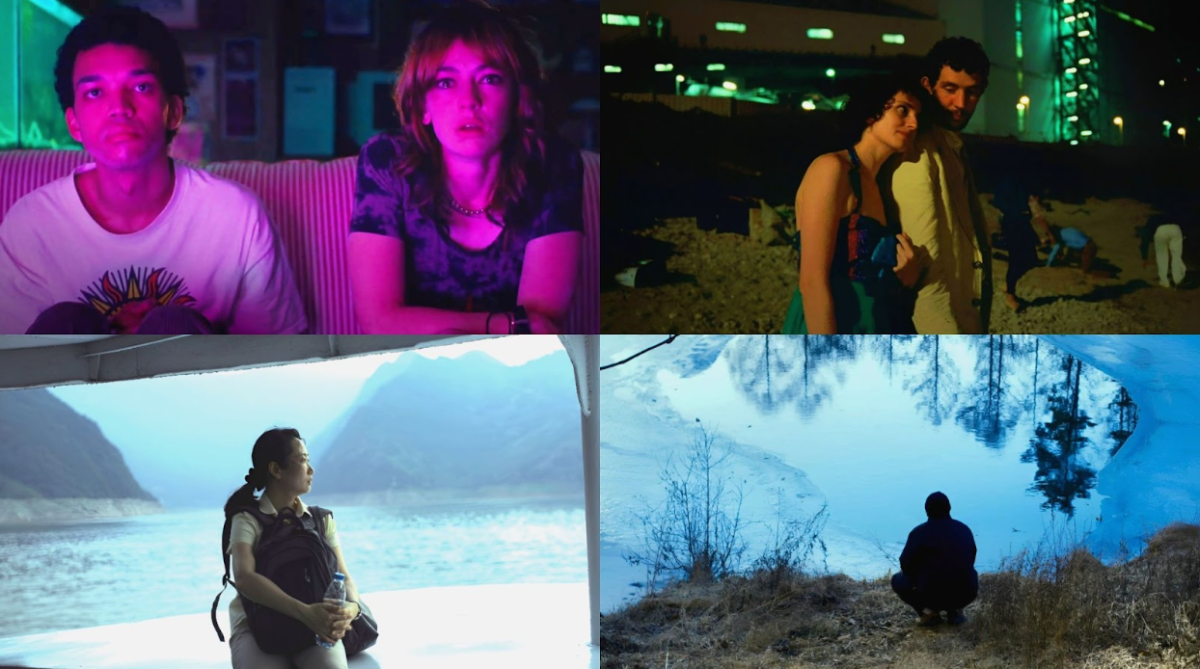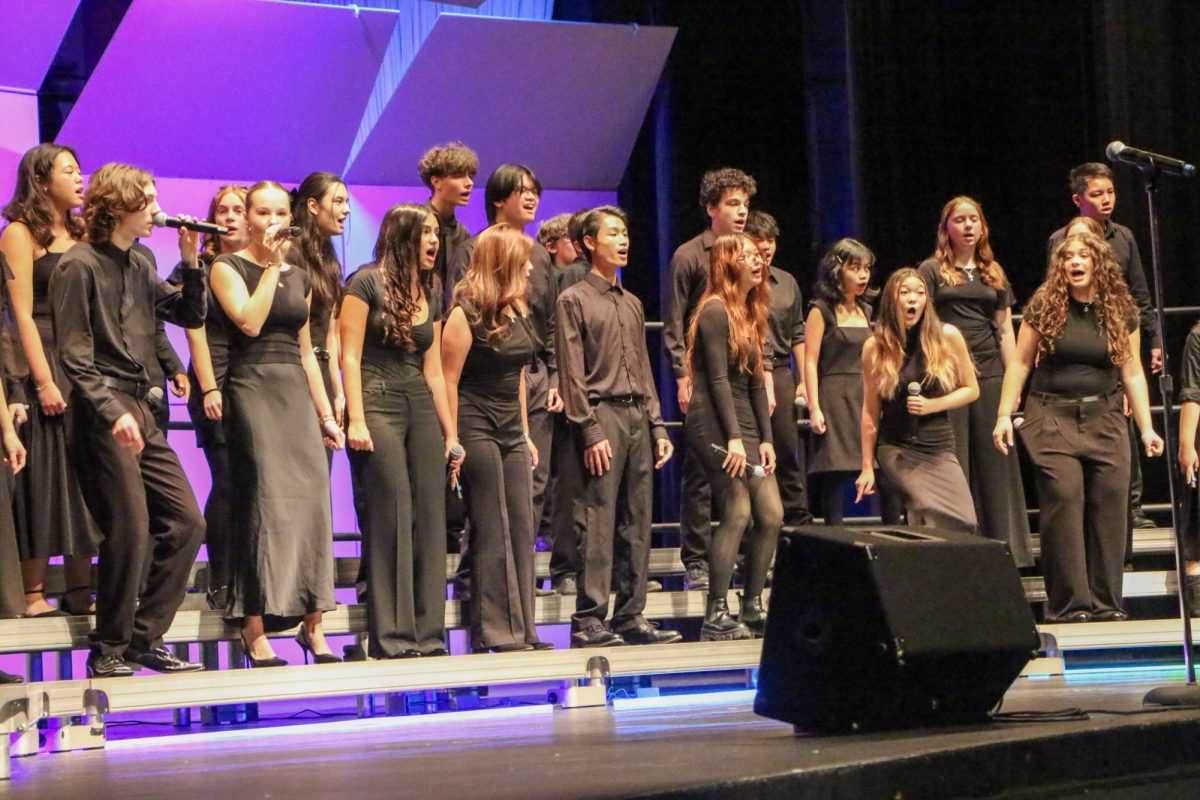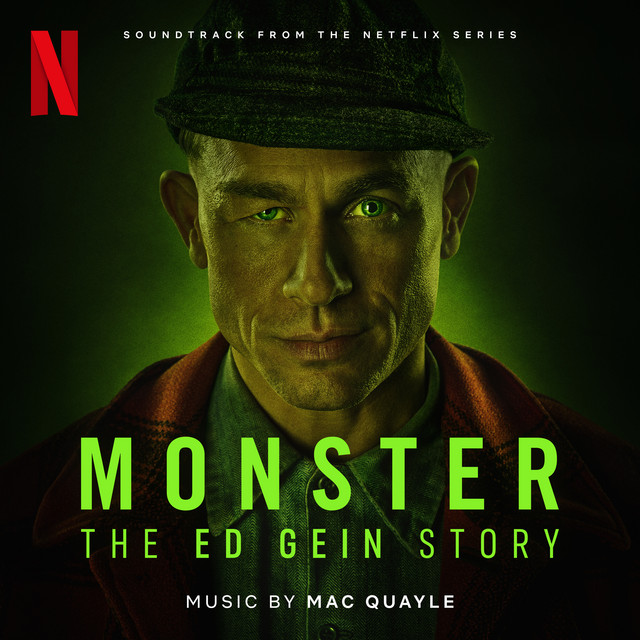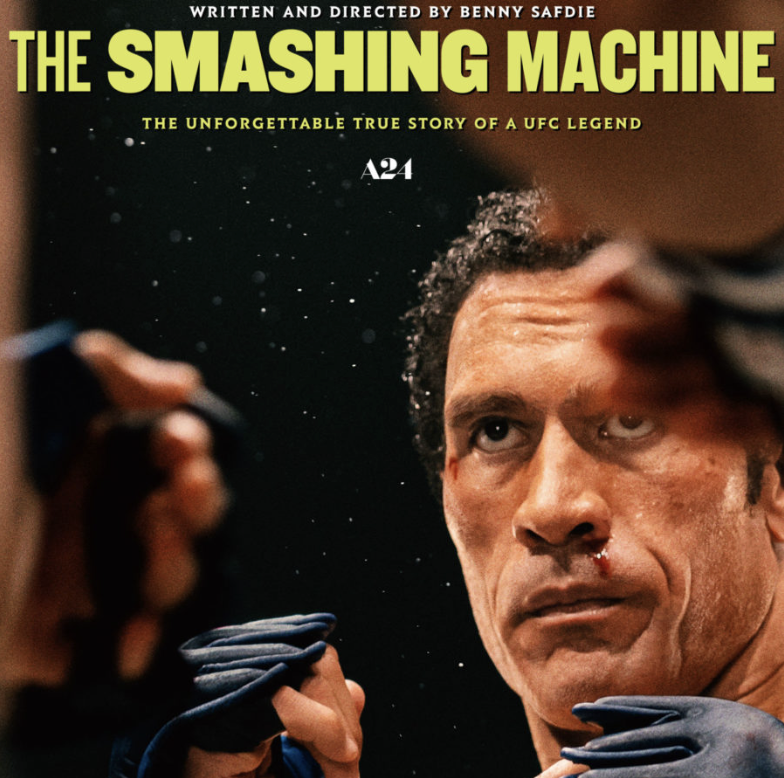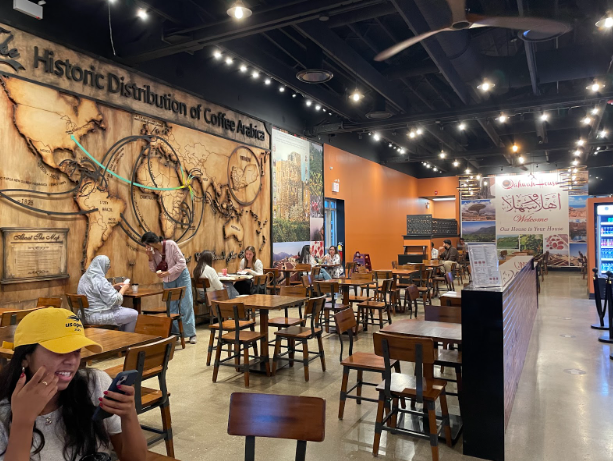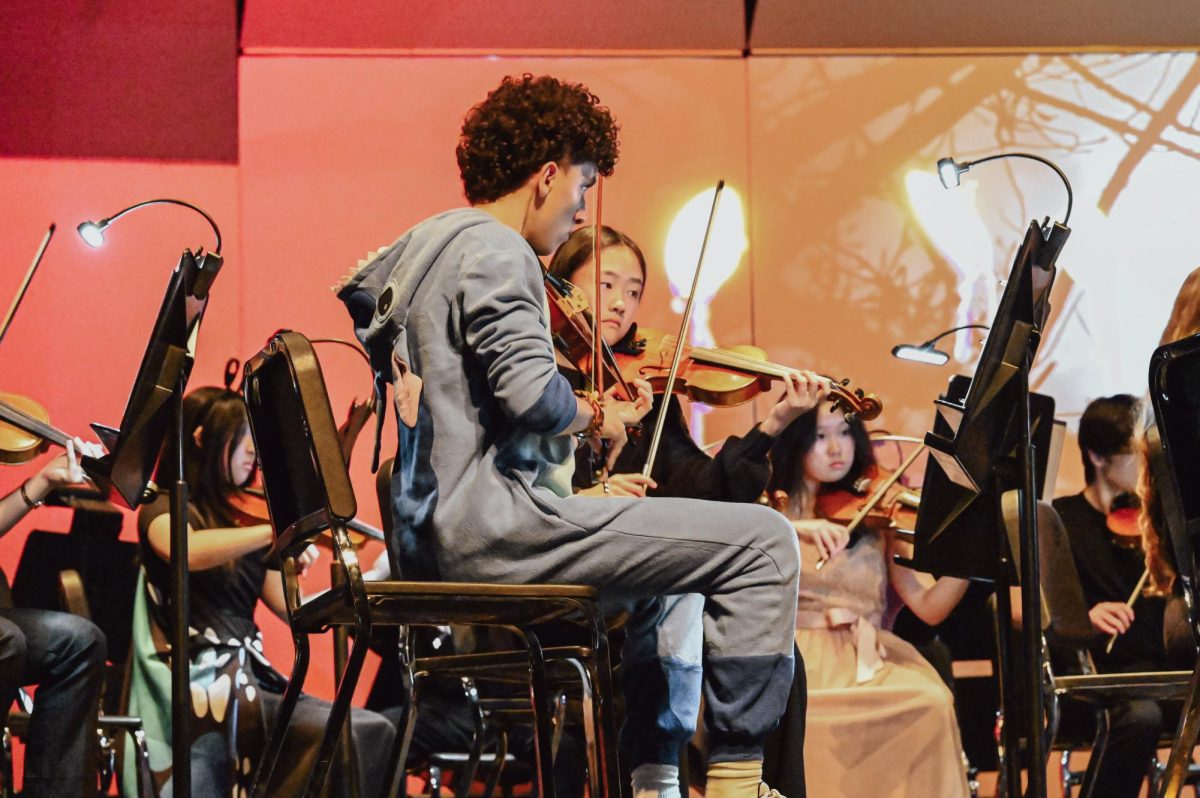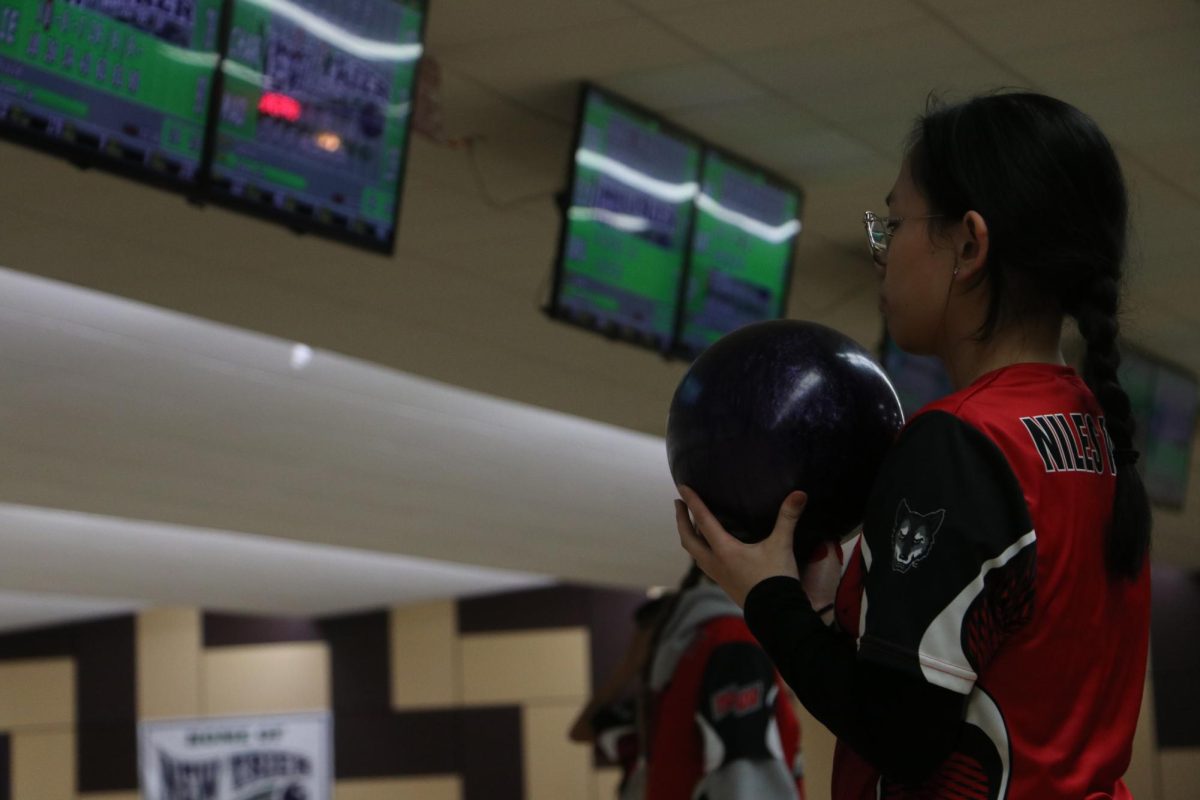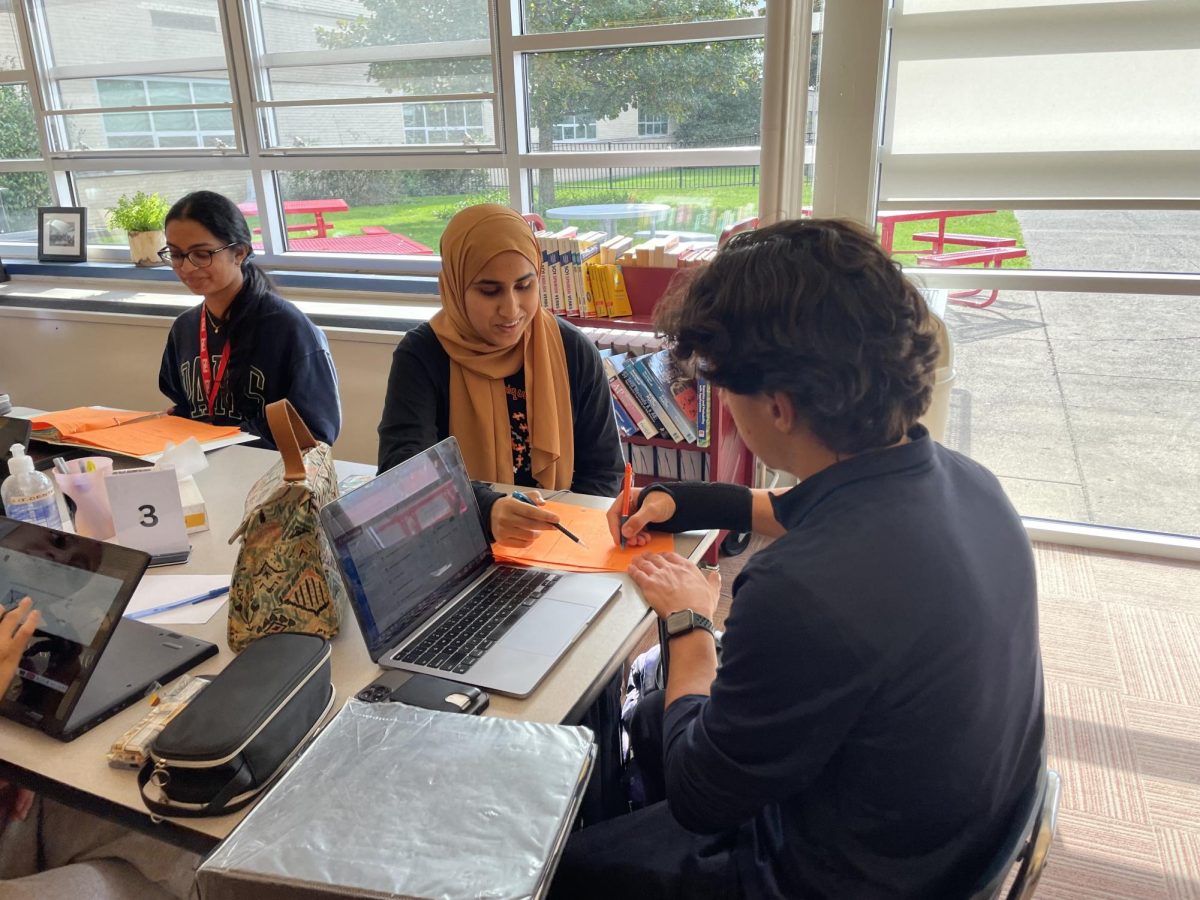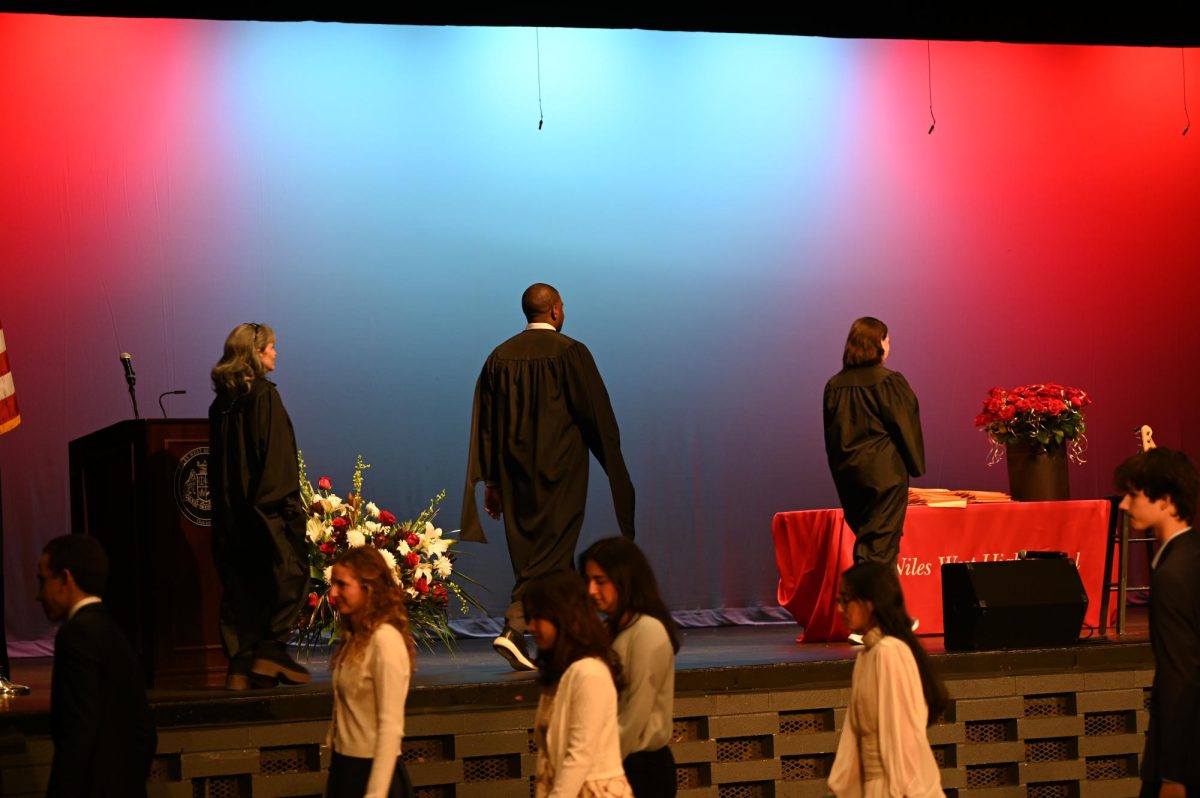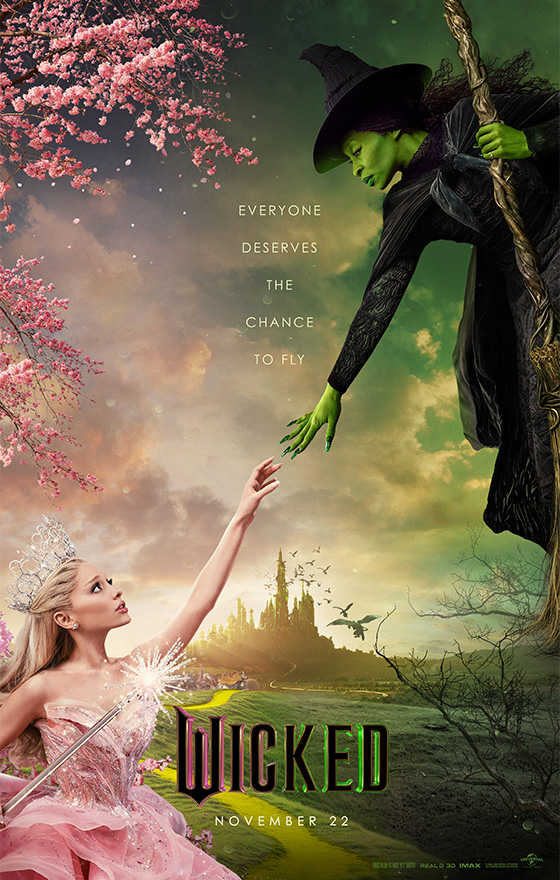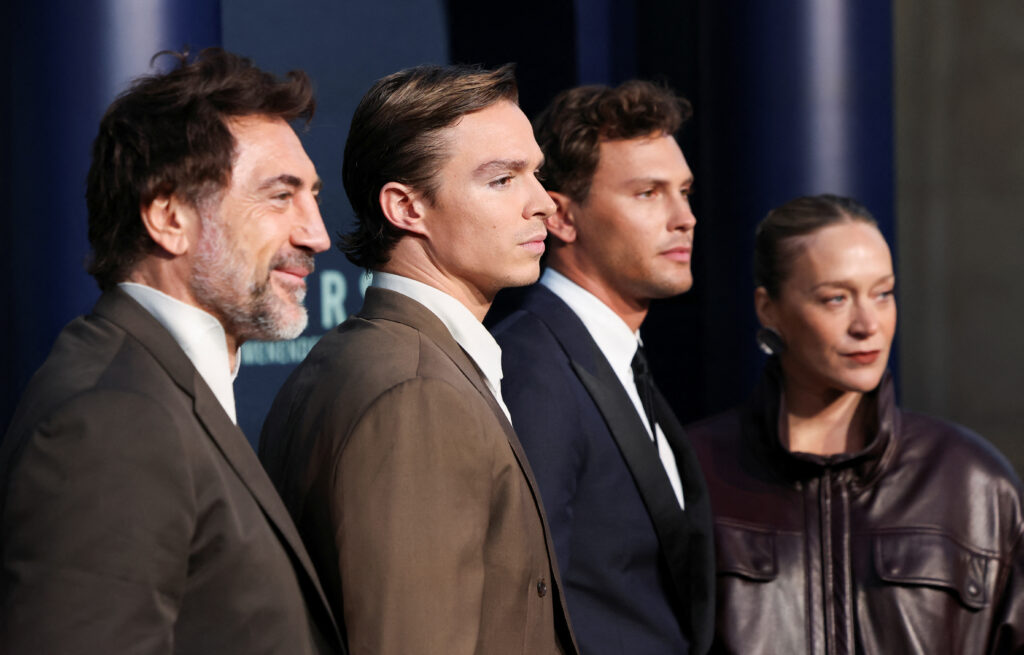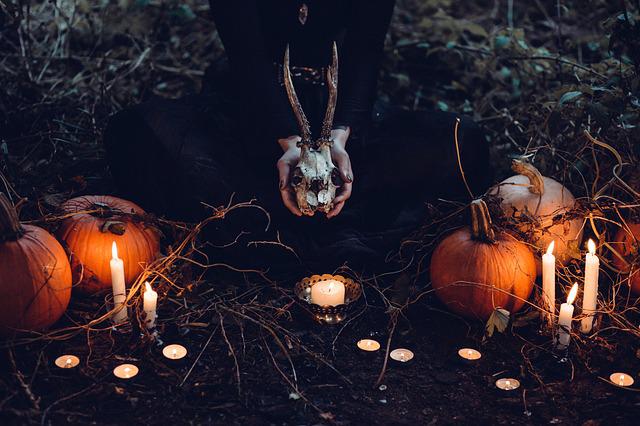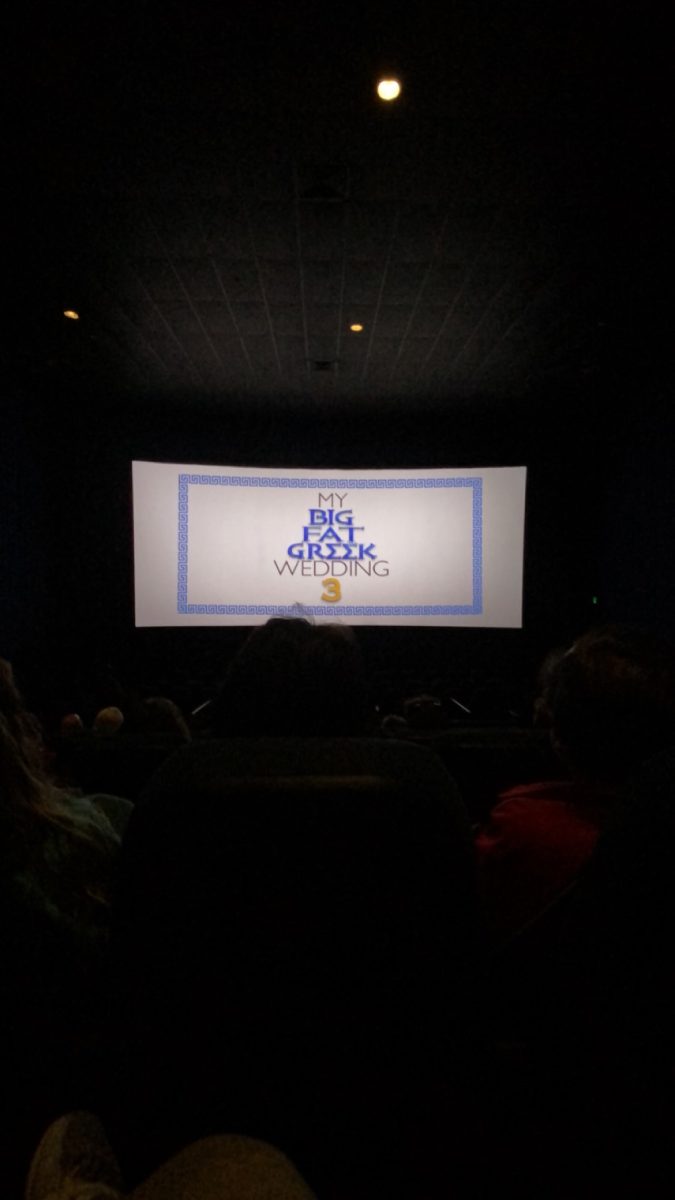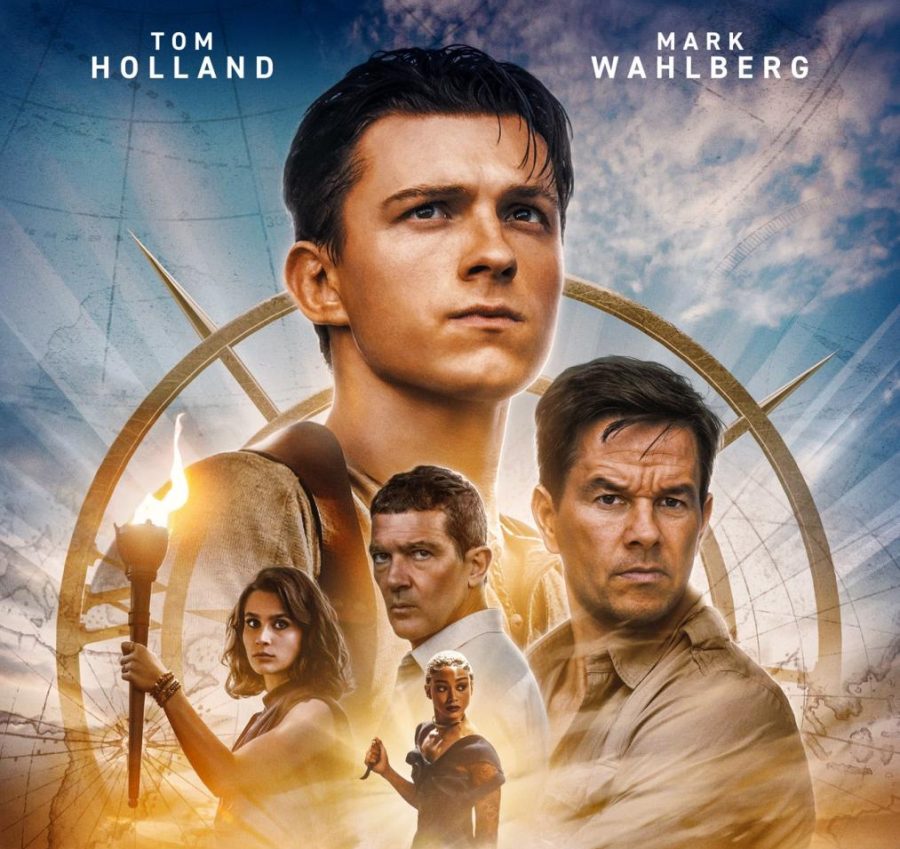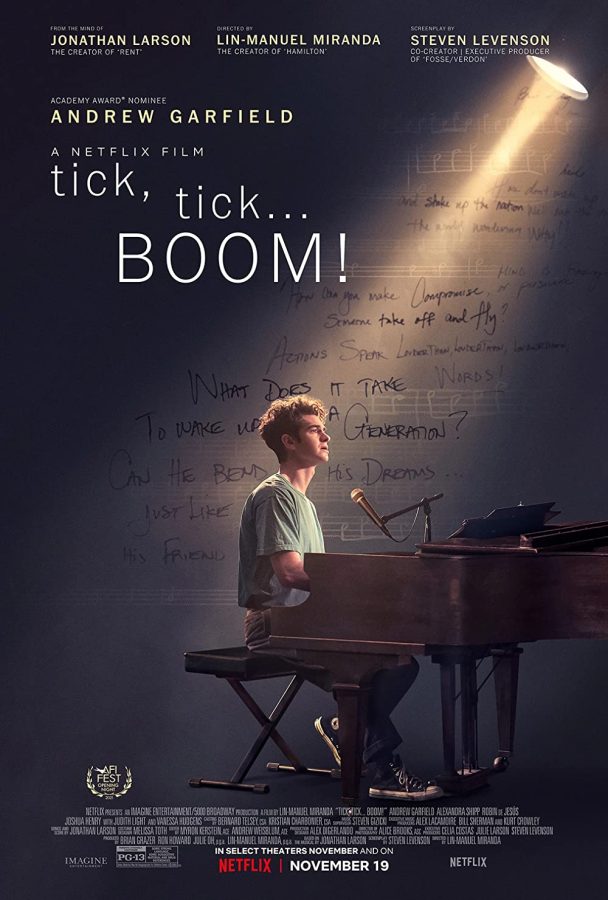2024 has been quite the interesting year for films. It was the year of big swings in genre films, the return of old masters and first-timers making big waves. It was a very eclectic and exciting year for film and now it is time to pick out the 10 best!
First, some honorable mentions that I couldn’t go without shouting out:
“Anora,” directed by Sean Baker
“The Brutalist,” directed by Brady Corbet
“It’s Not Me,” directed by Leos Carax
“The Substance,” directed by Carolie Fargeat
“Red Prisma,” directed by Dillon Hammi
Now, let’s begin the list!
#10: “All We Imagine as Light,” directed by Payal Kapadia
2024 has been a great year for masterful debuts and Kapadia’s stunning portrait of two nurses in Mumbai is no different. The film follows Prabha and Anu and their personal struggles with love, work, society and finding happiness. Kapadia shows such incredible intelligence in just her first film. It’s a film that reminded of the slowness of filmmakers like Apichatpong Weerasethakul and Jia Zhang-ke. The film easily bounces around the lives of these women creating something so beautiful and culminates in one of my favorite endings of the year. It’s a phenomenal film that has put Kapadia high on my list of filmmakers to keep an eye on and I can’t wait for whatever she has in store for us next.
#9: “Evil Does Not Exist,” directed by Ryusuke Hamaguchi
I firmly believe there is not a single filmmaker to come out of the 21st century that is better than Hamaguchi. Since making waves with “Drive My Car”, I have been a massive fan of Hamaguchi and seeing “Evil Does Not Exist” is one of the most visceral experiences I’ve ever had in a movie theater. “Evil Does Not Exist” is about a small village outside of Tokyo that is met with a company that is looking to create a glamping site that would disrupt the ecosystem of the village. Hamaguchi has a very slow vibe to his films. Many scenes go on for much longer than you would expect (the scene where the villagers find out about the glamping site lasts nearly 20 minutes) but it is always in service of creating the right energy. Letting you spend long moments with the villagers only makes you feel more for them and worry about what could happen to the environment. The film is anchored not only by Hamaguchi’s masterful craft but also a gorgeous score from Eiko Ishibashi and cinematography from Yoshio Kitagawa. It is very much a film where you are either with it instantly or you’ll never get on board with it but if you really give yourself to it, you will be very deeply moved from it.
#8: “La Chimera,” directed by Alice Rohrwacher
“La Chimera” is a film that has been sticking with me ever since I first watched it. It’s the story of Arthur (played by Josh O’Conner), an out-of-jail archeologist who returns to Italy to visit the family of his ex-girlfriend and his former crew of tomb raiders and their various excavations. There is a specific line of this that I think sums up the film beautifully, “You were not meant for human eyes.” It’s a film all about trying to regain control of a life you lost only to be back where you started. It’s a deeply effective film about broken people trying to put themselves back together, much like the artifacts the characters find. It is very hard to find the right words for a film as beautiful as “La Chimera” and I think that is what makes it so great. A film about love, for art, for others and for history.
#7: “Juror #2,” directed by Clint Eastwood
It has been an amazing year for many actors but I don’t think anyone is putting in such consistently excellent work quite like Nicholas Hoult has for the past 12 months. “Juror #2” follows Justin Kemp (Hoult), a man who gets summoned to be a juror on a murder case that he suspects, as the case deepens, might have more to do with him than he originally thought. Eastwood is very late into his late career at this point and still manages to make such extraordinary films. “Juror #2” is a film that really shocked me. It takes a lot from many courtroom dramas yet makes it so original. Eastwood dissects it to be a film about the relationship between morality and justice. It’s definitely not a subtle film but I don’t think it needs to be one. If this does turn out to be the last film from Eastwood, it would be a really stunning finale.
#6: “Janet Planet,” directed by Annie Baker
It is very often that a playwright switches to film making. It is not often however for the playwright to have such immediate understanding of the medium of film. “Janet Planet” is about Lacy (played by newcomer Zoe Ziegler), an 11-year-old living with her mom Janet (played by Julianne Nicholson, giving one of my favorite performances of the year) and her experiences with three different people in her mother’s life. It is an astounding little film. Very slow and has a magical summer feel to it. The editing and cinematography is some of the best of the year. There are a few cuts in particular that I have not gotten out of my head. It’s a film that I can’t believe someone with no prior experience in film has accomplished.
#5: “Caught by the Tides,” directed by Jia Zhang-ke
Of all the filmmakers that have their entire careers taking stabs at what our modern world is all about and how it is to live in, I don’t think anyone has got it down to such a science like Zhang-ke. He exists in a different context in mainland China than America but his themes still feel universal. “Caught by the Tides” almost feels like a remake of Zhang-ke’s previous film, “Ash is Purest White”. Zhao Tao’s character even goes on the same type of journey and even wears the same clothes for the first two parts of this. And then, it does something interesting. It jumps ahead to the 2020s’. “Caught by the Tides” is one of the few films to really get down a post-COVID world. Robots that we thought would be highly intelligent only exist for help in a Walmart. It has a fascinating comparison between past and present. Both in how society has changed and also how we thought it would change only for not much change to happen. It’s a dizzying film that portrays so much with its visuals where its characters are mostly silent. It feels like a big reflection for Zhang-ke and it’s one of his finest films and one of the finest films of the decade.
#4: “Queer,” directed by Luca Guadagnino
I don’t think there is a single filmmaker that is having the kind of career that Luca Guadagnino is having right now. Constantly giving us amazing films year after year and always having such fully realized ideas that he uses in the best ways. Queer is about William Lee (played with shocking vulnerability by Daniel Craig), an American living in 1950s Mexico City. Lee is an older queer, constantly wandering bar to bar and man to man trying to find some sort of connection. This is when he meets Eugene Allerton, a younger American. He is the first person Lee has felt a true connection with and from that we get a vast portrait of love, desire, and what it means to be lonely. Queer is a step in a new direction for Guadagnino. For a filmmaker that never makes the same film twice, it’s a shock to see something this different. It’s his most experimental film with how he uses music and a lot of the back half of the film being one big drug trip. He’s trying new things here and it works so beautifully. While it misses out on a lot of what makes the William S. Burroughs novel it is based on so interesting to read, it balances it out by adding things that make this really interesting to watch. I keep seeing the word tender being thrown around for this and I can’t agree more. In the world of Guadagnino’s “Queer”, a touch is the most romantic thing in the world. A real stunner that left me a mess, I am so happy we have Luca Guadagnino to give us such incredible films.
#3: “Nickel Boys,” directed by RaMell Ross
It has now been nearly three months since I’ve seen “Nickel Boys” and I am still so amazed by it. “Nickel Boys” is based on the Pulitzer-winning novel by Colson Whitehead. It’s about two boys, Elwood and Turner, and their time at the loosely fictitious Florida juvenile reform school Nickel Academy. But that’s not what makes “Nickel Boys” so powerful. Yes it is a sweeping film about the struggles of these two boys but it’s also one of my most experimental pieces of American cinema this century. Shot entirely from the POV of the two main characters and only breaking during dream sequences that use archival footage and cuts to further contextualize what is going on in the film. It’s unlike any film I have seen in a very long time. It has the most innovative and provocative editing and camerawork to happen this year. It’s a film that I think is going to be studied in film classes within the next ten years. It’s a debut unlike any other, a reinvention along the lines of “Citizen Kane.”
#2: “I Saw the TV Glow,” directed by Jane Schoenbrun
In the film circle I run in, I don’t think there is a film that has gotten such mass praise like “I Saw the TV Glow”. I also don’t think there has been a film that has affected me as much as “I Saw the TV Glow”. The film follows Owen (played incredibly by Justice Smith), a teenager trying to find some kind of purpose in his life. This is when he discovers the show “The Pink Opaque”, a show in the same vein as something like “Buffy the Vampire Slayer.” He discovers the show through Maddie and they bond over their love for the show. The show ends up getting canceled and along with that Maddie disappears. It is no secret that the film is about the trans experience. Owen and Maddie both constantly talk about how nothing feels right and how The Pink Opaque is their only way to feel right. It’s a truly emotional experience. Anytime it cuts to a time card, such intense feelings of dread and shock washes over me. Jane Schoenbrun’s follow-up to their internet horror debut “We’re All Going to the World’s Fair” may go back in time but what it has to say about how the past dies and changes along with you is no short of impactful. I have been gushing about this film for the majority of 2024 and I don’t plan to stop anytime soon. I don’t think I can breathe anytime the credits roll on this.
#1: “The Beast,” directed by Bertrand Bonello
There are many things Bertrand Bonello’s genre-bending, time-hopping sci-fi “love” story can be described as, and none of them are exactly wrong, but I personally like calling it 21st century Age of Innocence. The film jumps around a lot in time but is mainly set in 2035 Paris, where you have to remove all your strong emotions but that can only happen by going through your past lives. The film focuses on Gabrielle, a woman who is afraid of this procedure, and Louis, a man that in each life, Gabrielle has had some sort of relationship with. It’s a film that wears many faces. One moment it’s a sweeping love story set in 1910 Paris, the next it’s a home invasion/stalker film set in 2014 Los Angeles. It always keeps you guessing and all culminates in one of the most heartbreaking endings of the year. It’s a film that I have been completely obsessing over and I feel so grateful that we have someone like Bonello taking such big swings and having them pay off so well.


